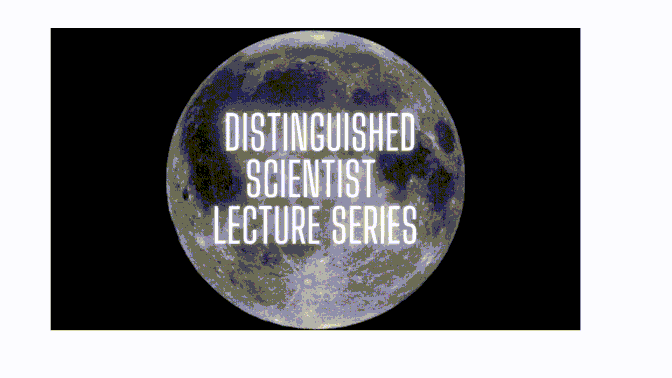
Can Simple Chemical Reactions Tell us How the Leopard Got Its Spots?
Loading...
Files
Download Transcript (181 KB)
Description
(Abstract taken from the Distinguished Scientist Lecture Series Program 1991-1992).
Born in New York City, Professor on Oscillating Chemical Reactions Epstein received a B.A. in Chemistry in 1982. He currently serves on and Physics in 1966, an M.A. in the Science Council, New England Chemistry in 1968 and a Ph.D. in Region, of the Weizmann Institute, Chemical Physics (with W.N. and is an editor of Chaos: An Lipscomb) in 1971, all from Harvard Interdisciplinary Journal of Non- University. He also holds a Diploma linear Science. in Advanced Mathematics from Oxford University, where he studied as a Marshall Scholar with the late C.A. Coulson. He was a NATO Postdoctoral Fellow at the Cavendish Laboratory, Cambridge University, in 1971, and an NSF Faculty Professional Development Fellow in the laboratory of Manfred Eigen at the Max-Planck-lnstitut liir Biophysikalische Chemie in Giittingen in 1977-78. He has received Woodrow Wilson, Guggenheim and Humboldt Fellowships as well as a Dreyfus Foundation Teacher-Scholar Award. He has taught at Brandeis since 1971, and served as Chemistry Department Chairman from 1983 to 1987. April 11, 1992 Irving R. Epstein is Helena Rubinstein Professor of Chemistry and a member of the Center for Complex Systems at Brandeis University. His work: Dr. Epstein's research interests revolve around nonlinear dynamical behavior in systems of chemical and biological interest. His group developed the first systematic approach to designing new chemical oscillators, and they have pioneered in the discovery and mechanistic analysis of oscillating chemical reactions. Author of more than 175 publications, Dr. Epstein's current research interests include the behavior of systems of coupled chemical oscillators and the study of neural oscillators, both singly and in coupled networks. Dr. Epstein organized and chaired the first Gordon Research Conference on Oscillating Chemical Reactions in 1982. He currently serves on the Science Council, New England Region, of the Weizmann Institute, and is an editor of Chaos: An Interdisciplinary Journal of Non-linear Science.
His work: Dr. Epstein's research interests revolve around nonlinear dynamical behavior in systems of chemical and biological interest. His group developed the first systematic approach to designing new chemical oscillators, and they have pioneered in the discovery and mechanistic analysis of oscillating chemical reactions. Author of more than 175 publications, Dr. Epstein's current research interests include the behavior olfsystems of coupled chemical oscillators and the study of neural oscillators, both singly and in coupled networks.
Irving R. Epstein is Helena Rubinstein Professor of Chemistry and a member of the Center for Complex Systems at Brandeis University.
Keywords
Chemical Physics
Creation Date
April 11, 1992
Recommended Citation
Epstein, Irving R., "Can Simple Chemical Reactions Tell us How the Leopard Got Its Spots?" (1992). DSLS 1991-1992. 5.
https://digitalcommons.bard.edu/dsls_1991_1992/5
Transcript

